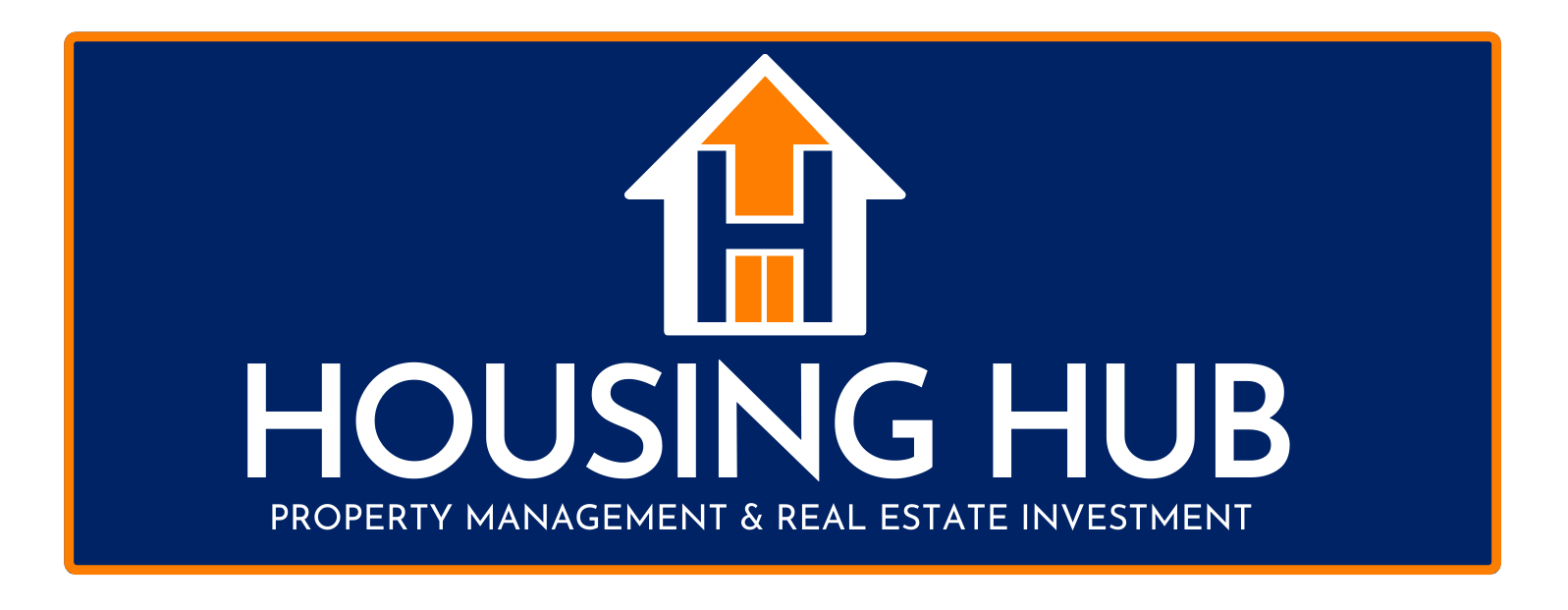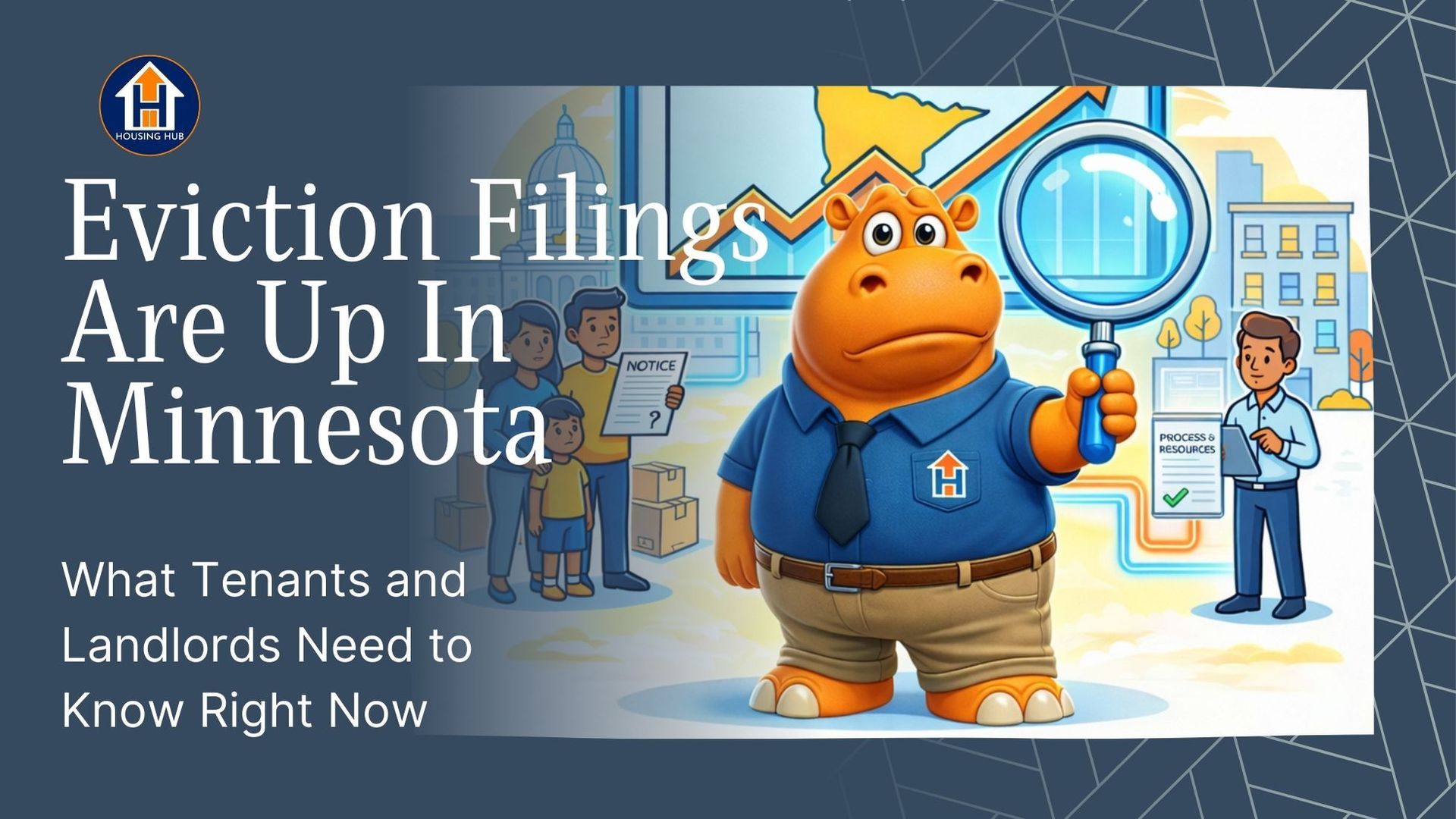Tips for Reducing Expenses at Your Rental Property
Managing a rental property effectively requires not just attention to tenant satisfaction and property upkeep but also a keen eye on the financials. As rental property owners in the bustling market of the Twin Cities area, it's essential to find strategic ways to cut costs without compromising the quality of your services or the condition of your properties. Reducing expenses is not about making huge sacrifices; rather, it’s about making smarter, more informed decisions that can lead to significant savings over time.
From optimizing energy usage to streamlined property management processes, this article will explore several practical, implementable tips designed to reduce costs at your rental property, enhance your operational efficiency, and subsequently increase your bottom line. Join Housing Hub as we dive into cost-effective strategies we implement at our company that can make a real difference in your property management journey.
Regular Maintenance Checks
Conducting regular maintenance is an essential strategy for avoiding larger, more costly issues down the road. By scheduling routine inspections and maintenance activities, property owners can catch potential problems early, such as leaks, roofing damages, or heating system malfunctions, before they evolve into expensive repairs. Implement a maintenance checklist that covers all critical areas, including plumbing, electrical systems, HVAC units, roofs, and windows. A digital tracking system can be used to document maintenance activities and their outcomes; this can help ensure nothing is overlooked and can also provide data for predicting future repairs and costs.
One effective way our maintenance team manages these tasks is by setting up seasonal maintenance schedules. For instance, before the onset of winter, we ensure that heating systems are operational and that the property is insulated and sealed against the cold. Similarly, check air conditioning units and perform pest inspections in the spring. These proactive measures can extend the life of property equipment and structures, minimize emergency repair costs, and improve tenant satisfaction.
Energy Efficiency Upgrades
Upgrading to energy-efficient systems and appliances presents a substantial opportunity for reducing operating expenses. Initially, this requires an investment, and is ultimately up to the owner’s discretion, but the long-term savings can be significant. Focus on high-impact changes like installing LED lighting, which consumes up to 75% less energy and lasts 25 times longer than incandescent lighting. Consider upgrading older appliances to Energy Star-rated models, which can save on both electricity and water bills.
Additionally, enhancing insulation and sealing leaks around windows and doors can dramatically improve a building’s thermal efficiency. For properties with older water systems, installing tankless water heaters or low-flow fixtures can reduce water usage and heating costs. If the budget allows, look into larger-scale improvements such as solar panels or programmable thermostat systems that can further reduce energy costs and attract eco-conscious tenants.
Vendor Management and Negotiations
Carefully managing your relationships with contractors and service providers is another critical aspect of cost reduction. Regularly review your contracts and the quality of work delivered by your vendors. Don't hesitate to negotiate better terms or look for alternative providers if current ones do not meet your cost-efficiency or quality expectations. Also, consider the benefits of long-term contracts which can often secure lower, fixed prices for services like landscaping, cleaning, and maintenance while providing vendors a stable business outlook.
Leverage bulk buying power for multiple properties if possible. Purchasing materials in bulk can significantly cut costs, and many suppliers offer discounts for large orders. This is particularly effective for rental properties under the same management located within the same geographical area. Additionally, Housing Hub has built a strong rapport with local contractors and suppliers that leads to more favorable negotiation terms and priority service, all of which can help in reducing overall expenses.
Streamlined Tenant Screening and Retention
While it might not seem immediately obvious, efficient tenant screening and retention strategies are instrumental in lowering property management costs. High tenant turnover can lead to significant expenses, from marketing vacancies and screening prospective tenants to loss of rent and the costs associated with preparing the property for new occupants. To mitigate these costs, Housing Hub agents develop a comprehensive screening process aimed at attracting reliable, long-term tenants. This process should evaluate credit scores, rental history, employment verification, and references.
Once tenants are in place, focus on retention strategies such as maintaining open lines of communication, promptly addressing repair requests, and providing incentives for lease renewals. Consider implementing regular tenant satisfaction surveys to identify and resolve issues before they lead to turnovers. Happy tenants are more likely to treat the property well and stay longer, which decreases vacancy rates and the associated financial strain.
Utilizing Property Management Software
Adopting advanced property management software can streamline numerous aspects of property management, reducing administrative costs and minimizing errors. These platforms can handle everything from tenant screening and rent collection to maintenance requests and financial reporting. Automating these processes reduces the need for extensive manpower and can improve accuracy in financial tracking.
Look for software that suits your portfolio's specific needs, considering factors like cost, scalability, user-friendliness, and integration capabilities. Luckily, Housing Hub’s software is handled by our admin staff for you. While the initial setup and data migration can be a project in themselves, the long-term efficiencies created by these tools often justify the investment.
Enhance Your Investment Efficiency
Successfully managing a rental property in the Twin Cities doesn't just come down to filling vacancies - it involves strategic financial management and proactive maintenance. By implementing the tips we've discussed, from regular maintenance to energy-efficient upgrades and effective tenant management, you can significantly reduce operational costs and boost your property's profitability. Remember, the smarter you manage your property, the more it gives back in terms of value and revenue.
For tailored advice and comprehensive property management services that meet your specific needs and help reduce your property's expenses, connect with us at Housing Hub. We are dedicated to helping you maximize your investment and handle every aspect of property management efficiently. Don’t navigate the complexities of rental
property management in St. Paul alone; let our expertise guide you to fewer expenses and greater profits. Partner with us today and transform your property management experience!






